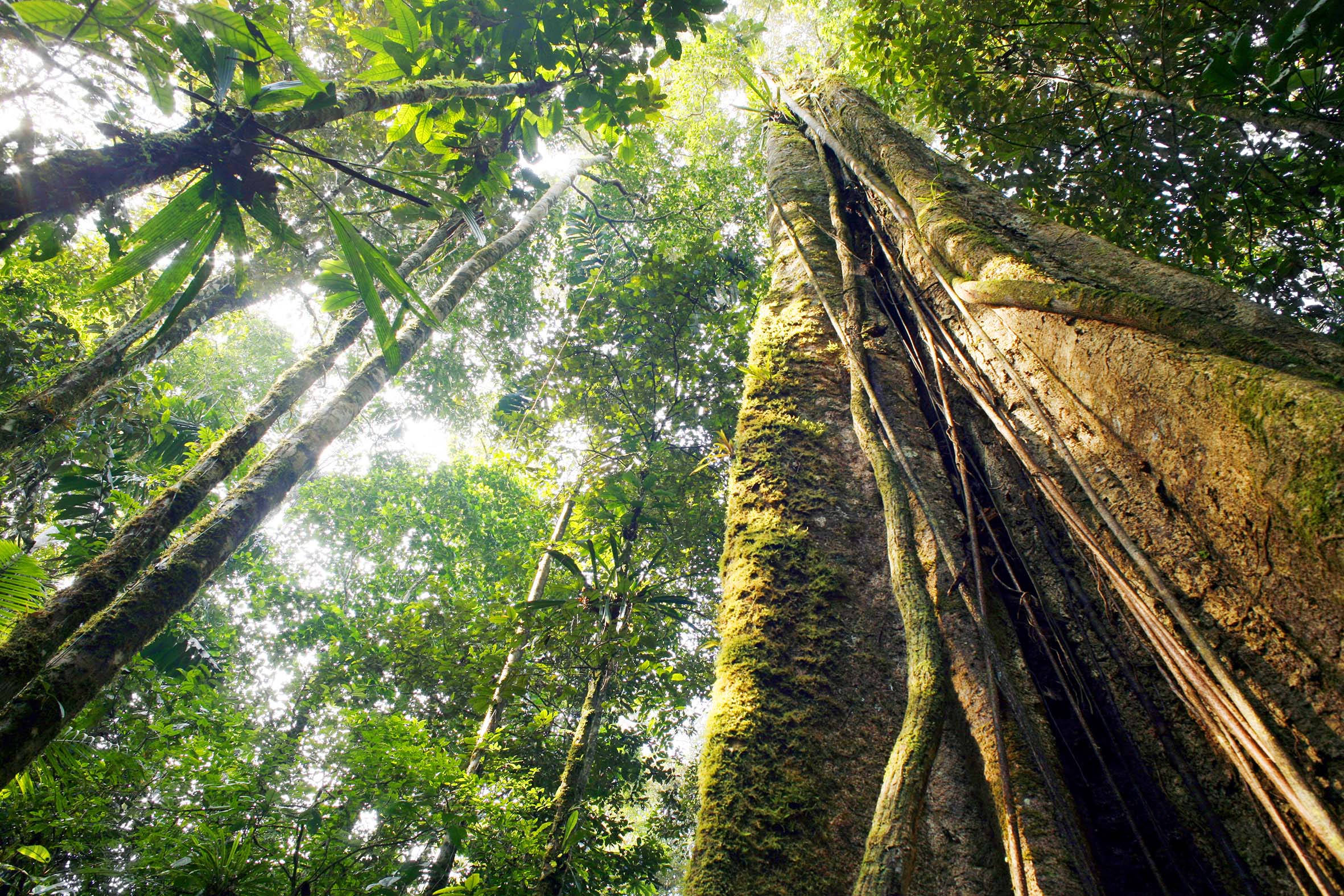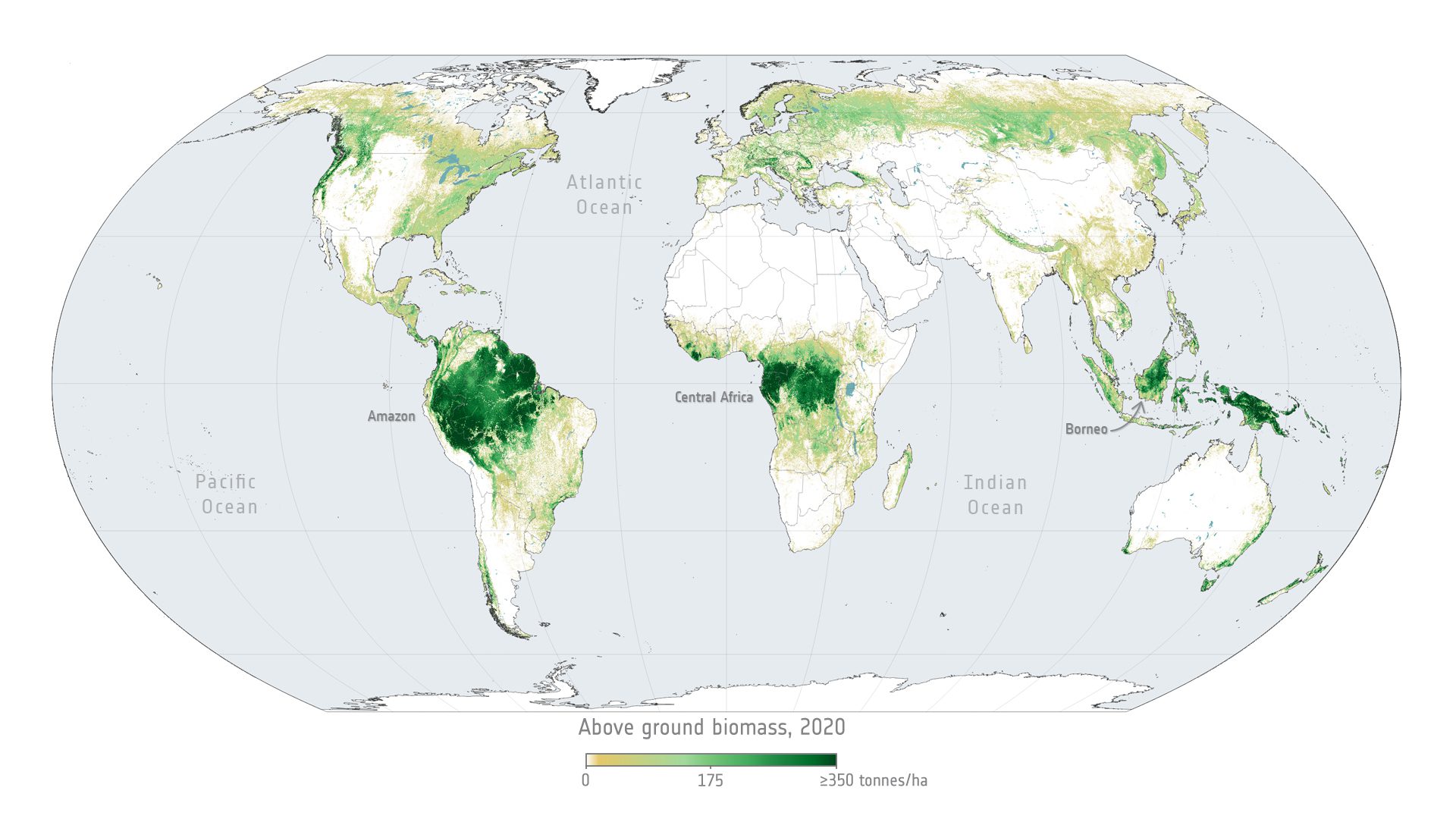
Tropical forests are necessary ecosystems within the combat towards local weather trade. But huge spaces of woodland are nonetheless degraded or misplaced via deforestation and environmental adjustments, in spite of many nations pledging woodland recovery. A brand new learn about, that makes use of satellite tv for pc information from ESAâs Local weather Alternate Initiative, turns out to expose that improving forests simplest effectively struggle 1 / 4 of the present carbon emissions.
Forests play a a very powerful position in Earthâs carbon cycle as they take in and retailer huge quantities of carbon from the ambience. Alternatively, local weather trade, woodland degradation and deforestation are inflicting a lot of this saved carbon to be launched again into the ambience, in particular in tropical humid areas.
The brand new analysis, revealed on 15 March in Nature and led via the College of Bristol and Brazilâs Nationwide Institute for House Analysis (INPE), confirmed how degraded forests and regrowth of secondary forests in prior to now deforested spaces, are every year putting off a minimum of 107 million tonnes of carbon from the ambience around the Tropics.
This sink is roughly an identical to counterbalancing part of annual fossil gas emissions from South The united states.
The use of satellite tv for pc information, a workforce of world researchers quantified the charges of carbon restoration in several woodland varieties and environments around the 3 biggest tropical forests: Amazon, Central Africa and Borneo.
The findings show the vital carbon worth of maintaining improving forests. Alternatively, the overall quantity of carbon being taken up used to be simplest sufficient to counterbalance 26% of the present carbon emissions first of all launched because of humid tropical woodland destruction and degradation.
ESAâs upcoming Biomass challenge, deliberate for release in 2024, targets to supply precious information on woodland biomass, enabling us to raised perceive the state of Earthâs forests, monitor adjustments through the years, and advance our wisdom of the carbon cycle. This challenge is a essential step in making improvements to our skill to control forests, preserve biodiversity and mitigate local weather trade, says ESA.
